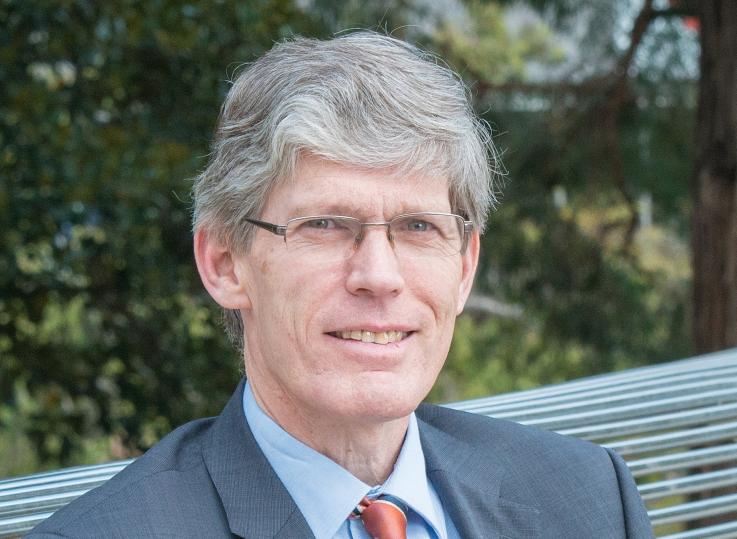
MB BS, PhD, FRACP, FAFPHM, FAChSHM, FAHMS, FRCP
Professor of Public Health and Director of the Melbourne Sexual Health Centre, Monash University, Melbourne, Australia
On Thursday, October 19th, Professor Christopher Fairley, traveling from Melbourne to Seattle, will deliver the keynote presentation at the 20th Annual STI & HIV Research Symposium, co-hosted by the UW/Fred Hutch Center for AIDS Research and UW Center for AIDS & STD. His talk titled, "Whose 'fault' was it that Bob got syphilis," will examine other ways to discuss the concept of fault, and how the answer is much more complicated than a person's decision to have sex.
We connected with Professor Fairley ahead of the symposium to learn more about his interest in sexually transmitted infection (STI) research, insights into challenges within the STI and HIV field, and thoughts on the growing syphilis epidemic among heterosexual individuals.
How did you get into the field of STI research?
I did my PhD in HPV, then two years in immunisation and five years in water quality. In my life, I wanted to do something that could materially change things I could see. In immunisation (pre-COVID) and water quality, no one got sick, you just prevented illness you didn’t see and this was slightly boring. STIs are unique in that an infection treated are future infections prevented so it was more hands-on. Nearly 25 years ago, an opportunity came up to change an inefficient and inward-looking service into one that is really efficient and effective at helping STI control. And the topic is much more interesting than water quality.
What do you think are the most important areas of controversy in the STI/HIV field right now?
Two major changes are occurring that bode badly for STI control. The first is that the world seems to be sliding backwards (in time) – towards one that is more ‘ideological’ and unkind – and this prevents it from approaching issues in an analytical and a rational way. This makes it much harder to obtain funding for STI services. It seems the world wants to blame people for things that happen to them, and governments are reluctant to face up to their role in STI control. The second issue is that sexual practices, mixing patterns are changing in ways that are leading to sharp rises in congenital syphilis.
Much of the world, including Australia and the US, is now in the midst of a growing syphilis epidemic among heterosexuals. Why do you think this happened?
I think there are lots of coalescing reasons for the rises we’ve seen over the last two decades that include changes in sexual practices potentially driven by profound successes in other areas, changes in sexual mixing patterns, less rational distribution of essential health services, changes in antibiotic resistance and declines in equality in society. [My] presentation will deal with some of these issues.
EVENT DETAILS:
Date: Thursday, October 19, 2023
Time: 8:30 a.m. -. 4:10 p.m. | Dr. Fairley's keynote presentation from 10:30 a.m. - 11:30 a.m.
Location: Harborview Research & Training (R&T) Building, 300 9th Ave, Seattle, WA 98104 (Google Map) or via Zoom
Breakfast & lunch will be provided.